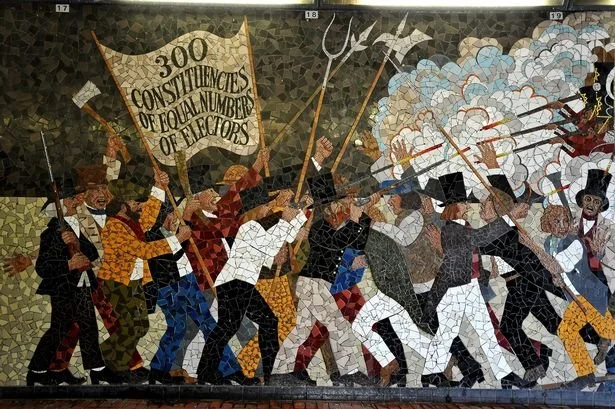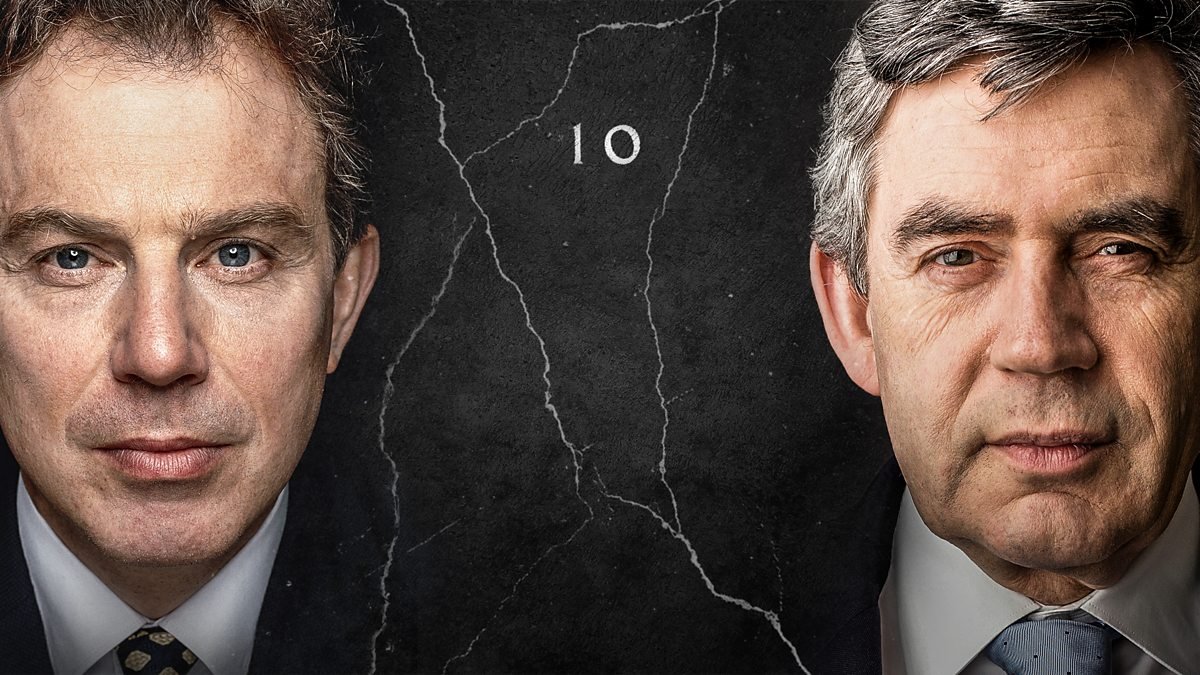Features.
800-1,000 word articles on a vast range of topics, from academic mini-essays to commentaries on current affairs and the news.
Covid Debt, Inflation, and the Weimar Republic
Inflation is back, and the economic consequences of lockdown are coming home to roost. In this piece, The Bristorian explores the cautionary tale of hyperinflation experienced by the Weimar Republic nearly 100 years ago and seeks to link it to the West’s current economic predicament.
The UCU Strikes: An Overview
Strikes were back in Bristol from 1-3 December, as the UCU resumed industrial action against university administrations across the UK. In this piece, the Bristorian aims to contextualise their demands, and offer some student perspective on the 4th set of strikes in as many years.
Chartism and the Newport Rising: Was it Worth the Sacrifice?
Chartism emerged as one of the defining political movements of the 19th Century. Its intense lobby for political representation is a fascinating story, and one of its chapters is the tragic tale of the Newport Rising, where state repression claimed the lives of at least 22 Chartists. In this piece, The Bristorian reflects on the Chartist movement, asking whether their strife ended with the tangible change they desired.
Blair Described New Labour as a ‘Revolution’, But Was it Really?
What is a revolution? If you ask Tony Blair, the creation of New Labour would provide an apt example. In this piece, The Bristorian investigates the legacy of the New Labour governments, and examines whether such a grandiose claim is warranted.
The Cloaked Hand: American Interventionism in Chile
A Practice-Based Dissertation that aims to investigate the question of US intervention in Chile from 1960-1973.
By Alexander Casse.
Inverting National History: Thanksgiving and American Indians
Exploring the hidden history of thanksgiving and its emergence in recent years.
By Harriet Coombs.
Single Term Presidents and their Symbolic Value
A brief exploration into the history of single-term presidents and the symbolic impact this has on the memory and legacy of presidents in the minds of the American public.
By Elaura Lacey.
Book Review: ‘English Identity and Political Culture in the Fourteenth Century’
Reviewing Andrea Rudick’s assessment of the role of nationalism in England in the fourteenth century.
By Natasha Brake.
How important was portraiture for historians’ understanding of Napoleon’s image?
Exploring the significance of what we can learn from portraiture with regards to Napoleon.
By Tara Ghias.
To what extent can the late-nineteenth-century imperial wars be considered ‘modern wars’?
Assessing the modern traits of imperial wars of the late nineteenth century, such as military approaches, strategies and attitudes to warfare.
By Elaura Lacey.
The Purpose of Remembrance
Re-evaluating the impact and understanding of the modern outlook on war.
By Charlie Standen.
On Remembrance Day - the Political Uses of Invoking Britain’s Wartime Past
Looking at the significance of Britain’s Wartime past in constructing political narratives.
By Harriet Coombs.
The Moynihan Report: Revisiting the perception of Civil Rights progress in 1960s America
Analysing the report that outlined how achieving racial equality requires more than changing legislation due to the systemic racism ingrained structurally, politically and financially in the United States.
By Asha Ambasna.
Young Historians Project: African Women and the British Health Service
Looking into the work of the Young Historian’s Project and their current focus on African women and the British Health Service.
By Natasha Hollins.
Gervase Rosser’s ‘The Art of Solidarity in the Middle Ages: Guilds in England 1250-1550’
A critical review of the one of the works of Gervase Rosser.
By Cerys Croxen-John
Could Early Modern English Witch-hunting be described as one aspect of the 'Battle of the Sexes'?
Understanding Early Modern Witch-hunting through the lens of the ‘Battle of the Sexes’.
By Natasha Hollins.
How effective has the use of machine technology been as a method for understanding human sexuality?
Using Alfred Kinsey’s work to understand the impact of machine technology on the study of human sexuality.
By Natasha Brake.




















